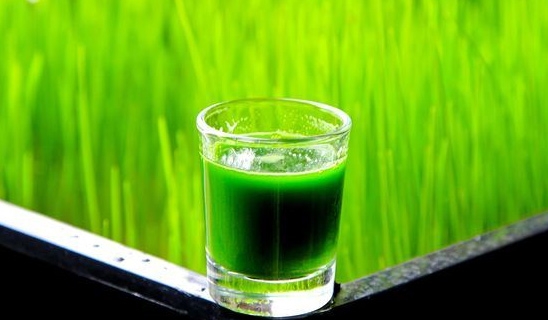New regulations published by the U.S. Environmental Protection Agency (EPA) for automobile fuel could spell disaster for car motors. The Environmental Working Group (EWG) reports that the EPA is set to approve E15 automobile fuel, or fuel that contains up to 15 percent ethanol, which is so damaging to car engines that car manufacturers have put out warnings that using it will void car warranties.
For many years, governments have been incrementally mandating that fuel manufacturers sell E10, an up to ten percent ethanol-blended gasoline, for the purpose of supposedly reducing emissions. The theory purports that ethanol burns cleaner than pure gasoline, and requires less petroleum to produce than typical fossil fuels.
But this theory has been debunked by reality, which has shown that even ten percent ethanol-blended gasoline produces lower mileage, and gradually destroys engines over time. Ethanol-laced fuel has also been shown to produce more pollutants than pure petrol.
“Ethanol is more corrosive and burns hotter than gasoline, properties that could cause some engines to stall, misfire and overheat,” wrote EWG in a recent press release. “Fuel with higher ethanol blends emits more nitrous oxide and formaldehyde than gasoline, lowers mileage and damages fuel tanks and pumps.”
As bad as E10 is, E15 is far worse. And even though the EPA intends to approve E15 only for vehicles manufactured after the year 2000, pump labelling requirements are so patchy that many drivers will mistakenly pump the wrong fuel into their cars.
Most of today’s vehicles simply have not been designed to properly run on ethanol-blended fuel, whether it is E10 or E15. But using anything above E10 in most conventional vehicles can cause immediate and serious problems, whereas using E10 and below is more likely to cause longer-term problems that show up later.
“Instead of approving a fuel that will pose health and safety hazards and damage engines, the U.S. should invest in energy efficiency measures and research and development for truly sustainable biofuels,” said Sheila Karpf, a legislative analyst with EWG. “The high cost of replacing or repairing engines will be tacked onto corn ethanol’s other costs — including higher food prices, increased soil erosion and polluted water supplies.”
When fuelling your vehicle, always be sure to read the pump carefully to ensure that you are getting E10 fuel or less. If possible, try to find pure petrol –which will protect the life and integrity of your motor, and can even improve your mileage by up to 25 percent.
If a pump is not properly labelled, or you are confused as to which fuel is dispensed from which pump, always ask the attendant for assistance. It is always best to be safe rather than sorry, as one mistake could cost you thousands of dollars in repairs.
Here are some other helpful precautions and tips about E10 petrol:
www.fuel-testers.com/ethanol_engine_precautions.html
Also, be sure to check out the 2012 EWG Ethanol Report:
Sources for this article include:
www.ewg.org/report/ethanol/press
www.fuel-testers.com/ethanol_fuel_history.html
And, to fuel your body properly, we recommend Ann Wigmore’s RECIPES FOR LONGER LIFE.





